 A document format is a tool for sharing knowledge and, as such, should be as simple and accessible as possible in relation to the complexity of the document content itself. This remains true even when the format is based on an XML schema that is hidden from users when the document is displayed on screen.
A document format is a tool for sharing knowledge and, as such, should be as simple and accessible as possible in relation to the complexity of the document content itself. This remains true even when the format is based on an XML schema that is hidden from users when the document is displayed on screen.
Unfortunately, while an XML schema can be simple, it can also be unnecessarily complex, bloated, convoluted and difficult to implement without specific knowledge of its features. This is true even if the on-screen documents are identical. In this case, complexity is an intentional tactic used to lock users into a vendor, as is the case with the Microsoft 365 document format.
An XML schema comprises the structure, data types and rules of an XML document and is described in an XML Schema Definition (XSD) file. This tells the PC what to expect and checks that the data follows the rules. In theory, XML and XSD together form the basis of the concept of interoperability. However, in practice, an XML schema can be made so complex that it becomes a barrier rather than a bridge.
An “artificially complex” XML schema goes beyond the level of complexity needed to display even the most intricate content on screen. In fact, it is completely disconnected from the actual complexity of the content, to the extent that even a simple sentence such as “To be, or not to be, that is the question” becomes an inextricable sequence of tags that users cannot access.
This artificial complexity is characterised by a deeply nested tag structure with excessive abstraction, dozens or even hundreds of optional or overloaded elements, non-intuitive naming conventions, the widespread use of extension points and wildcards, the multiple import of namespaces and type hierarchies, and sparse or cryptic documentation.
In the case of the Microsoft 365 document format, the only characteristic not present is sparse or cryptic documentation, given that we are talking about a set of documents totalling over 8,000 pages. All the other characteristics are present to a greater or lesser extent, making life almost impossible for a developer trying to implement the schema.
To illustrate how this translates into a lock-in strategy, consider a railway system where the tracks are accessible to all, but the main train manufacturer imposes its own incredibly complicated control system. In theory, anyone could build a train compatible with the tracks, but the control system specifications are so convoluted that only the main train manufacturer can ultimately offer rail services.
The worst thing is that passengers don’t realise they are being held hostage by technical constraints that they cannot understand until ticket prices rise or the number of cities served declines. At this point, the main manufacturer can dictate its terms, which passengers are forced to accept.
This is very similar to what is happening in the world of information technology, where Microsoft is effectively forcing its customers to switch from Windows 10 to Windows 11 against their will …



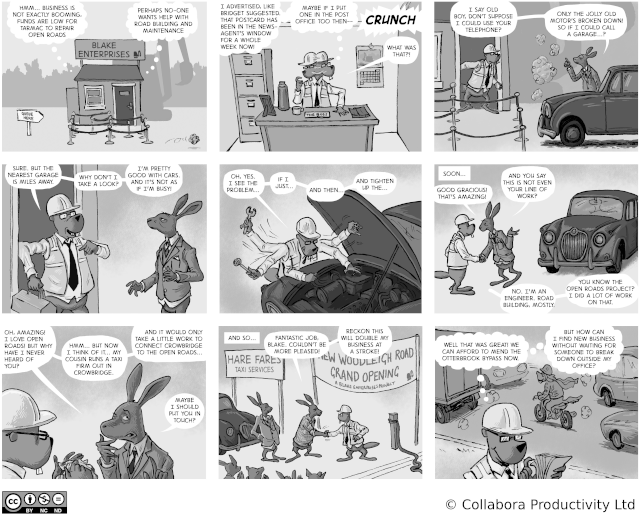

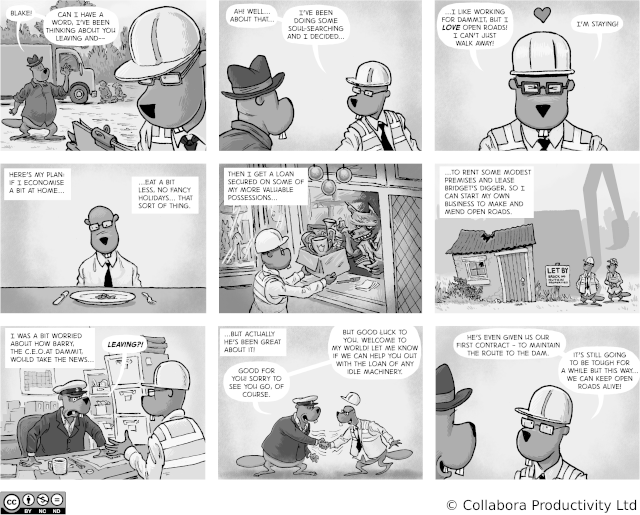

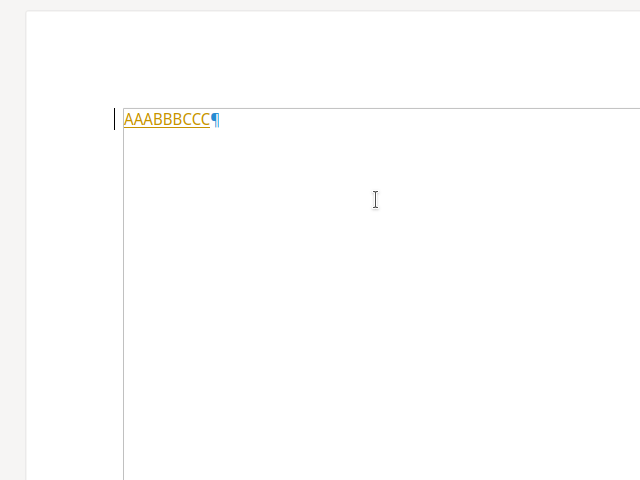 Interdependent tracked change: just insert
Interdependent tracked change: just insert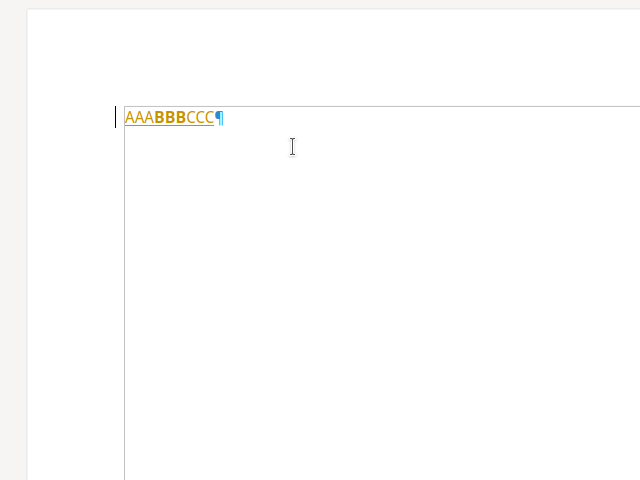 Interdependent tracked change: old, format is not tracked separately
Interdependent tracked change: old, format is not tracked separately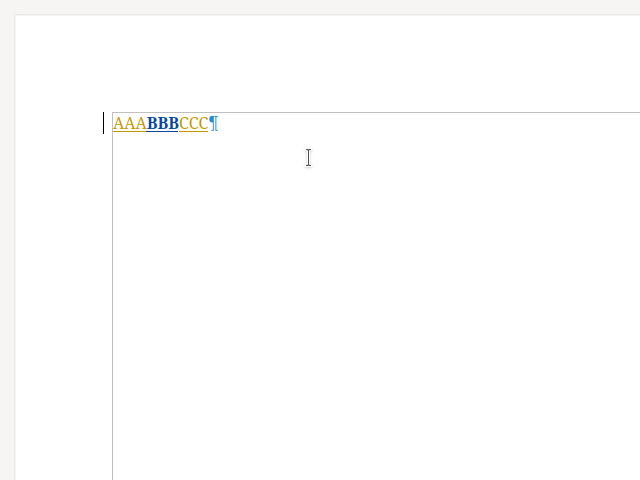 Interdependent tracked change: new, format is tracked separately
Interdependent tracked change: new, format is tracked separately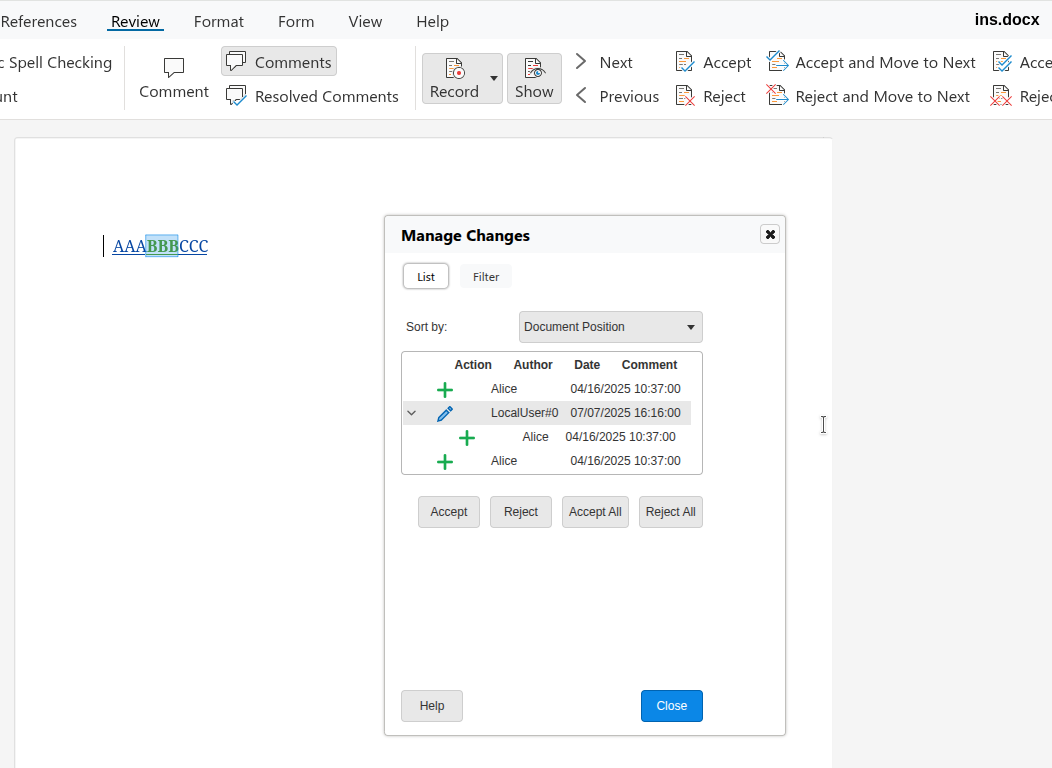 Interdependent tracked change: UI dialog now showing multiple redlines
Interdependent tracked change: UI dialog now showing multiple redlines 
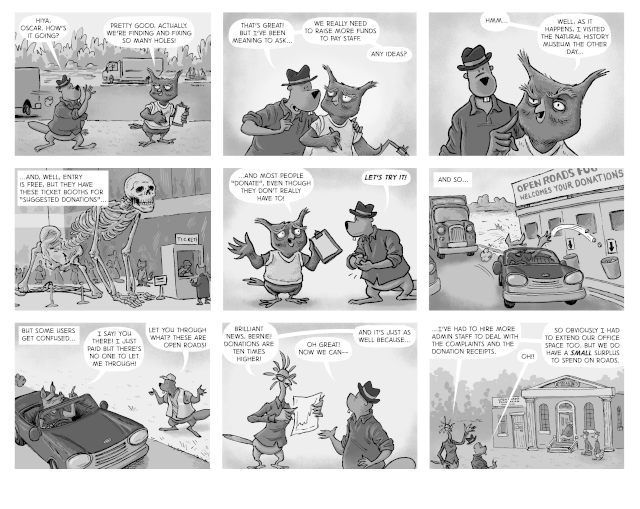














 These user guides are the ultimate reference for anyone using LibreOffice — whether at home, at work, or at school. From spreadsheets to presentations, from text documents to complex equations: it’s all covered, clearly and accessibly.
These user guides are the ultimate reference for anyone using LibreOffice — whether at home, at work, or at school. From spreadsheets to presentations, from text documents to complex equations: it’s all covered, clearly and accessibly. The work is 100% community-driven! Jean Weber led the Writer guide, Peter Schofield coordinated the Impress, Draw, and Math guides, and Olivier Hallot headed the Calc guide.
The work is 100% community-driven! Jean Weber led the Writer guide, Peter Schofield coordinated the Impress, Draw, and Math guides, and Olivier Hallot headed the Calc guide.



 Each new edition is more than just an update — it’s a chance to improve clarity, add the latest features, and deliver the best experience possible for end users. These guides complement the built-in LibreOffice Help and are perfect for deepening your knowledge.
Each new edition is more than just an update — it’s a chance to improve clarity, add the latest features, and deliver the best experience possible for end users. These guides complement the built-in LibreOffice Help and are perfect for deepening your knowledge. The guides are available now for free download in PDF, ODT (OpenDocument format), and HTML (for online reading). And soon, you’ll be able to order printed copies via LuLu Inc.
The guides are available now for free download in PDF, ODT (OpenDocument format), and HTML (for online reading). And soon, you’ll be able to order printed copies via LuLu Inc. 
 Get your guides now:
Get your guides now:
